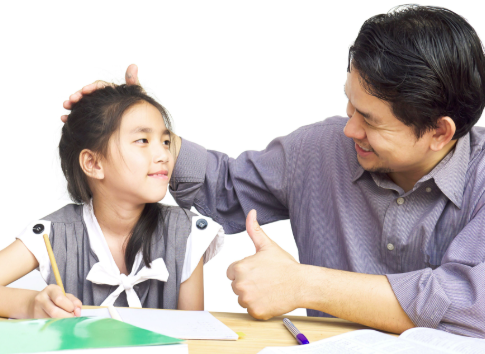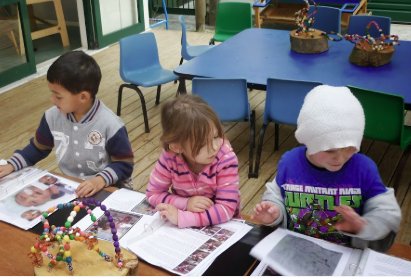Article:
In 2025, personalized learning is doing more than just customizing lessons—it’s fostering critical life skills like goal setting. By involving students in shaping their own learning journeys, personalized education helps them develop a clear sense of purpose, direction, and responsibility. When students set and work toward their own goals, they become more engaged, motivated, and prepared for lifelong learning.
Empowering Students to Take Ownership
One of the core principles of personalized learning is student agency. Students are encouraged to take an active role in their education by identifying what they want to achieve and how they plan to get there. This involvement helps them feel more invested in their progress and builds self-management skills that extend beyond the classroom.
Setting SMART Goals
Personalized learning environments often introduce students to goal-setting frameworks such as SMART (Specific, Measurable, Achievable, Relevant, Time-bound). Teachers guide students in crafting meaningful academic and personal goals, which are revisited regularly to measure progress and make adjustments as needed.
Tracking Progress and Reflecting on Growth
Digital tools used in personalized learning allow students to monitor their progress in real time. Dashboards, learning portfolios, and progress trackers help visualize achievements and areas for improvement. This visibility promotes reflection, helping students celebrate success and refine their strategies.
Building Motivation and Confidence
When students set their own goals and see tangible progress, their motivation naturally increases. Achieving small, consistent milestones builds confidence and encourages learners to aim higher. Personalized feedback from teachers reinforces positive behavior and supports continuous improvement.
Teacher as Coach and Guide
In a personalized classroom, teachers act as mentors who support students in identifying goals, planning next steps, and overcoming challenges. These one-on-one conversations help students align their academic work with personal interests and future aspirations, making learning more meaningful.
Encouraging Lifelong Skills
Goal setting is not just an academic exercise—it’s a life skill. Personalized learning helps students internalize the habit of planning, evaluating, and adjusting their efforts. These skills are essential for success in future education, careers, and personal development.
Conclusion
In 2025, personalized learning is creating opportunities for students to grow as intentional, goal-oriented learners. By fostering ownership, encouraging reflection, and supporting progress tracking, this approach empowers students to take charge of their learning—and their future. When students learn to set goals, they learn to lead themselves toward success.














